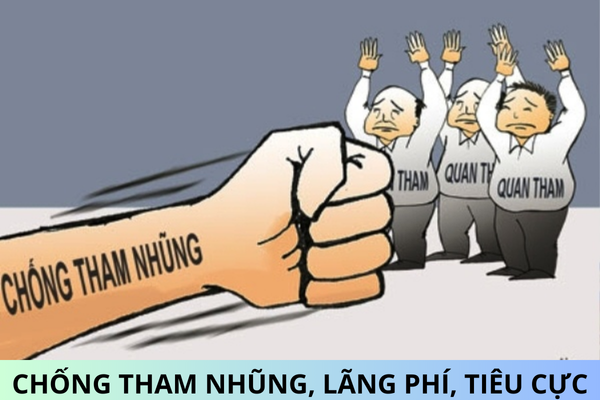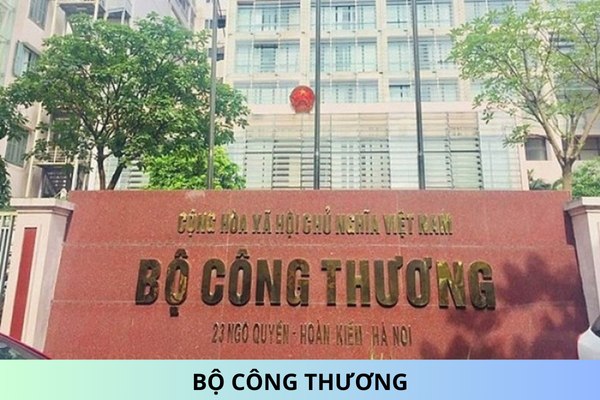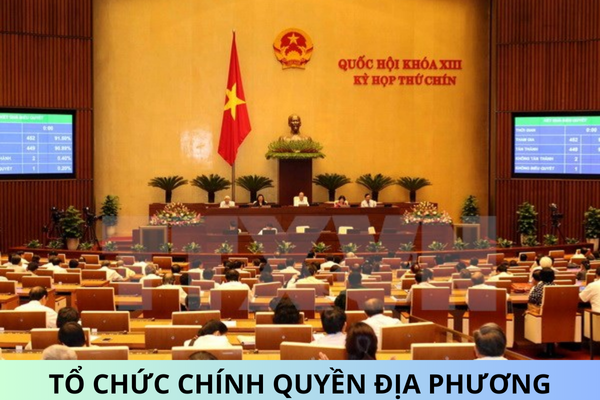Regulation 231 of 2025 on the protection and struggle against corruption, wastefulness, and negativity in Vietnam
Has Regulation 231 of 2025 on the protection and struggle against corruption, wastefulness, and negativity in Vietnam been issued?
On January 17, 2025, the Central Executive Committee of Vietnam issued Regulation 231-QD/TW of 2025 setting forth the principles, content of protection, and responsibilities of party committees, party organizations, and heads of party committees and organizations in protecting individuals who fight against corruption, wastefulness, and negative phenomena; the rights and responsibilities of such individuals; and the rewarding and sanctioning of violations.
Regulation 231-QD/TW of 2025 takes effect from January 17, 2025, and applies to party committees and organizations responsible for leading, directing, and carrying out tasks of preventing and fighting against corruption, wastefulness, and negative phenomena; to individuals who engage in such battles and their family members (hereinafter referred to as family members); and to relevant agencies, organizations, and individuals.

Regulation 231 of 2025 on the protection and struggle against corruption, wastefulness, and negativity in Vietnam (Image from the Internet)
What actions are prohibited under Regulation 231 of 2025 in Vietnam?
Pursuant to Article 8 of Regulation 231-QD/TW of 2025, prohibited acts include:
- Using violence, creating pressure, defaming, isolating, insulting, or violating the rights and legitimate interests of individuals who fight against corruption, wastefulness, and negative phenomena and their family members.
- Illegally invading homes, occupying, destroying property, insulting dignity or honor, or acting in a manner that endangers the health and safety of individuals who fight against corruption, wastefulness, and negative phenomena and their family members.
- Retaliating or hiring, enlisting or inciting others to threaten or retaliate against individuals who fight against corruption, wastefulness, and negative phenomena and their family members.
- Implementing non-conformable, discriminatory, imposed criteria, conditions, evaluations causing disadvantages in personnel management, rewarding, and disciplining related to individuals who fight against corruption, wastefulness, and negative phenomena and their family members; transferring, relocating, or seconding those who fight against corruption during case resolution.
- Creating difficulties, obstructing the implementation of policies, the State, resolution of administrative procedures, public services as prescribed by law, production, business, career, job, labor, study, or task fulfillment by those who fight against corruption, wastefulness, and negative phenomena and their family members.
- Preventing, destroying information, documents, evidence related to fighting corruption, wastefulness, and negative phenomena; concealing, failing to report, delaying or non-conformable handling, verification of protection requests; disclosing information to be kept confidential during protection; not promptly directing or resolving difficulties faced by organizations and individuals performing protection tasks; not changing members tasked with protection when grounds exist determining that member lacks responsibility, or objectivity in task fulfillment.
- Abusing the fight against corruption, wastefulness, and negative phenomena to defame other agencies, organizations, or individuals.
- Other prohibited acts in accordance with the Communist Party's regulations and the laws of the State.
What are acts of corruption?
Based on Article 2 of the Anti-Corruption Law 2018:
Article 2. Corrupt Acts
- Corrupt acts in the state sector by individuals in positions of power in state agencies, organizations, and units include:
a) Embezzlement of assets;
b) Receiving bribes;
c) Abusing positions and powers to appropriate assets;
d) Exploiting positions and powers during duty, public office performance for personal gain;
dd) Exceeding authority during duty, public office performance for personal gain;
e) Taking advantage of authority to influence others for personal profit;
g) Committing forgery in office for personal gain;
h) Offering bribes, bribery mediation to resolve work of an agency, organization, unit, or locality for personal gain;
i) Using public assets unlawfully for personal gain;
[...]
Corrupt acts include:
[1] Corrupt acts in the state sector committed by individuals in positions of authority in state agencies, organizations, and units include:
- Embezzlement of assets
- Receiving bribes
- Abusing positions and powers to appropriate assets
- Exploiting positions and powers during duty, public office performance for personal gain
- Exceeding authority during duty, public office performance for personal gain
- Taking advantage of authority to influence others for personal profit
- Committing forgery in office for personal advantage
- Offering bribes, bribery mediation to resolve work of an agency, organization, unit, or locality for personal gain
- Using public assets unlawfully for personal benefit
- Harassment for personal gain
- Not performing, improperly performing or incompletely performing duties, official duties for personal gain
- Exploiting positions and powers to protect those who commit legal violations for personal benefit; obstructing or illegally intervening in monitoring, inspection, auditing, investigation, prosecution, adjudication, execution for personal profit
[2] Corrupt acts in the non-state sector committed by individuals in positions of authority in enterprises, organizations of the non-state sector include:
- Embezzling assets
- Receiving bribes
- Offering bribes or mediating bribery to resolve work of one's own organization for personal benefit










